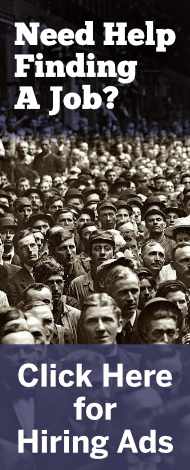 The Nurturing Well: By Jill Starbuck
The Nurturing Well: By Jill Starbuck
Recently, Boston hosted its 119th Boston Marathon on a chilly, windy, and rainy day. The city and runners worldwide continue to overcome the aftermath that the 2013 bombings brought to the 117th marathon. The bombings solidified humanity’s ability to overcome the worst of situations, unite, and move forward; thus, making all those associated with the city and the marathon “Boston Strong.” But the story of heroism, strength, and determination began way before the bombings and will continue long after.
The Boston Marathon represents the jewel of marathons. Runners train for years to qualify to be among the best. Qualifying times are extremely tough to reach. And even if a runner makes the qualifying time, there is still no guarantee of entry. Those who are fastest in their age category are more likely to gain entry. Imagine the heartbreak for those who do reach the qualifying time, but do not gain entry. Marathons are tough. Period. No matter what shape you are in, many factors come into play during a marathon. They include weather, terrain, physical fitness, stress, illness, hydration/dehydration, and much more. The Boston Marathon happens to be one of the toughest and most inspirational marathons around.
Each year, the Boston Marathon, its runners, volunteers, and audience showcase inspiration in many ways. For instance, in the 2015 Boston Marathon that recently took place, a host of incidents happened within a few short hours that portray the best characteristics of humankind. Take for instance the man who won this year, Lelisa Desisa. This is the same man who won the Boston Marathon in 2013 and gave up his medal to honor the city and the bombing victims. Or how about the bombing victim who ran the last few miles of the race after amputating her leg six short months before. In a show of sportsmanship, the 2014 Boston Marathon champion Meb Keflezighi surprised elite runner Hilary Dionne by grabbing her hand and crossing the finish line together. In another show of sportsmanship, three women stopped along the course to help a fallen runner to the finish line. Let’s not forget about the Venezuelan man afflicted with muscular dystrophy who finished the race 20 hours later. Or the finisher who just completed treatment for brain cancer. And to prove that age is just a number, Katherine Beiers at 82 years old proudly crossed the finish line.
These are just some of the stories that took place that day. They do not tell about the brutal training regimens, injuries, costs, missed opportunities, and other adverse events that many had to face to even make it to the race. But what they do tell is that everyone has a story and that for one day, many athletes, volunteers, and audience members get to share what becomes one of the best stories of their lives. So, if you ever need a little inspiration, turn to any given Boston Marathon.








